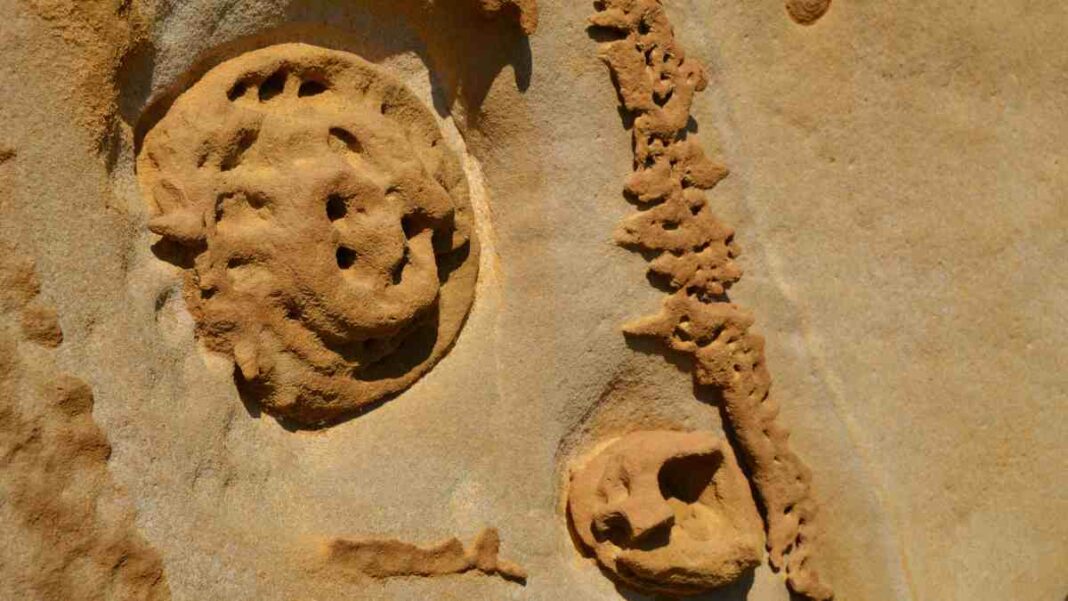SPAIN: Following the discovery of hundreds of archaeological artifacts and bone fragments thought to be up to 5,000 years old in two private dwellings in the province of Alicante by Spanish police, two individuals are being investigated.
Police were alerted to a home in the sleepy village of Gata de Gorgos that may have held ancient bone remains, and the investigation was launched in November.
The information was verified by a raid, which uncovered bone remains that a local archaeologist dated between 4,000 and 5,000 years ago.
Local authorities deemed the collection illegal because there was no supporting documentation.
As soon as the police approached him, the suspect cooperated with them and directed them to another residence in the nearby city of Dénia.
Nearly 200 bone fragments and 350 archaeological artifacts, including Phoenician amphorae, Roman loom pieces, and bronze age mills, were discovered by the police inside.
According to authorities, the find was “one of the largest illegal private collections in the province of Alicante.”
A skull sitting on top of a row of notebooks, tables covered in bone fragments, and a patio floor covered in finely painted artifacts were all depicted in photos acquired during the raid.
The house resident informed the police that he had inherited the items following a relative’s passing.
Police stated, “However, he did not have any type of documentation to justify the possession of the pieces, nor had he done anything to regularise them.”
More than 1,000 tiny tiles thought to be from old Roman mosaics, a number of Roman ointments, an iron grenade from the 18th century, and cannonballs were among the items seized.
The deceased relative is thought to have left behind numerous notebooks that the police also discovered. These notebooks had handwritten notes that described exactly where the things had been found.
Police added that the information might aid experts in dating and valuing the artifacts and reveal previously undiscovered archaeological locations.
Police say that the two persons who are associated with the collections are being investigated and may be charged with stealing items that have aesthetic, historical, cultural, or scientific worth. The articles are being kept at the Archaeological Museum while conducting their investigation.
Also Read: Egypt Demands Return of Iconic Rosetta Stone 200 Years after Decipherment



